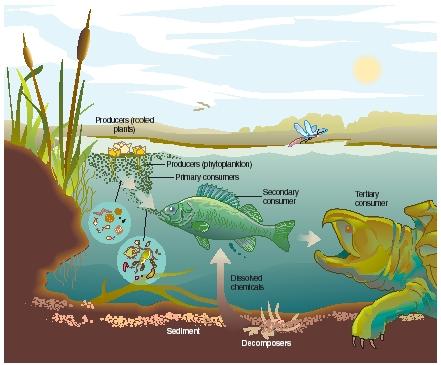
I have been thinking a lot about church systems and structures the last few weeks, as i read through
the forgotten ways. One thing that has struck me is the importance of viewing the way we do church as an
organic model, as opposed to a rigid system.
This means that we understand the interconnectedness of relationships, groups, missions and people.
It is funny that we are starting to understand this more and more as the church, but tech company's have been using this organic terminology for years. When Bill Gates and Steve Jobs were recently interviewed at the
all things digital conference they both spoke about there products being a part of an "Ecosystem".
My understanding of this term is that if a product that they produce can feed the development of other products it increases the market of their core product. i.e. the iPod drives iPod accessories, Music Sales, Video delivery, Broadband Access... the list goes on. These two smart guys also understand that without the ecosystem then their products will not have as big a market.
If we are to continue to view church as a big amorphous blob of conformity where everybody looks and thinks the same and meets at the same time then we are not an organic church, but a fortress who's walls are not easily bridged by "Not-Yet-Christians".
When we move to an organic system the core "product" ie the Gospel of Jesus is able to reach and impact more people in many different ways. There has been some talk over at
signposts about this (where i got my original idea). I am keen to keep exploring this idea of church as an ecosystem.
Labels: church, deep thinking, emerging church

-front.jpg)




